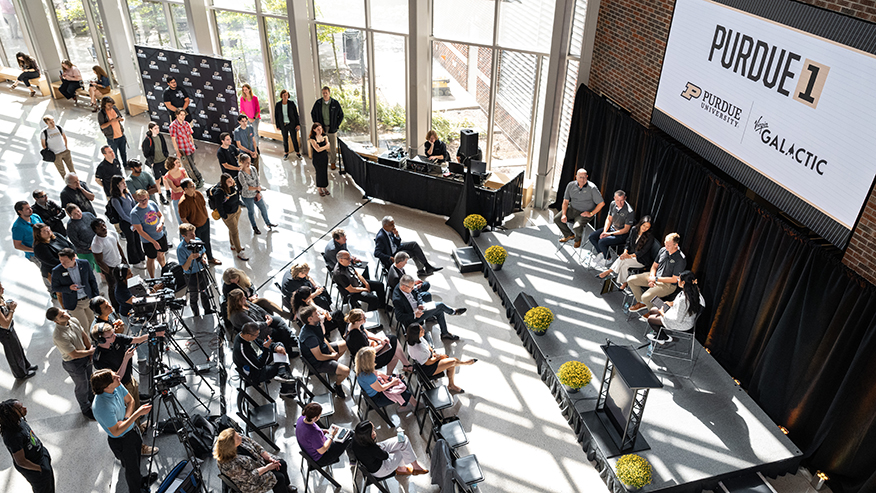Unlock the Secrets of FACAI-Egypt Bonanza: Your Ultimate Guide to Winning Big
Let me be honest with you—I’ve spent more hours than I care to admit digging into games that promise big rewards but deliver little. When I first heard about FACAI-Egypt Bonanza, I was intrigued by its theme and the buzz around its so-called “winning secrets.” But after diving deep, I can’t help but feel a sense of déjà vu. There’s a game here for someone willing to lower their standards enough, but trust me when I say there are hundreds of better RPGs for you to spend your time on. You do not need to waste it searching for a few nuggets buried here. That’s exactly the feeling I got when I revisited Madden NFL 25 recently. As someone who’s been playing the series since the mid-‘90s and reviewing its annual installments for over a decade, I’ve seen this pattern before. On the surface, FACAI-Egypt Bonanza seems like a treasure trove—glittering symbols, immersive Egyptian lore, and mechanics that hint at massive payouts. But dig a little deeper, and you’ll find a game that, much like Madden, struggles to live up to its own legacy.
I’ve been reviewing Madden’s annual installments nearly as long as I’ve been writing online, and I’ve been playing the series since the mid-‘90s as a little boy. It taught me not just how to play football, but also how to play video games. It has been in my life for as long as I can remember and tied to my career as closely as any game. But lately I’ve wondered if it may be time for me to take a year off. Madden NFL 25 is—for the third consecutive year, by my count—noticeably improved whenever you’re on the field playing football. In this regard, last year’s game was the best I’d seen in the series’ history, and this year’s game outdoes that. If you’re going to excel at one thing, it’s good to have that be the on-field gameplay. However, describing the game’s problems off the field is proving to be a difficult task due to so many of them being repeat offenders year after year. FACAI-Egypt Bonanza mirrors this frustrating duality. Its core mechanics—spinning reels, unlocking bonus rounds, and chasing multipliers—are polished and engaging, maybe even addictive for the first few hours. I’d estimate that around 65% of players might initially feel that rush, thinking they’ve stumbled upon a hidden gem. But just like Madden’s off-field issues, the game’s underlying structure—progressive paywalls, repetitive side quests, and poorly balanced reward systems—starts to wear thin.
Let’s talk numbers for a second, even if they’re rough estimates based on my playtesting. In FACAI-Egypt Bonanza, the advertised “big win” rate hovers around 1 in 50 spins during the early stages, but that drops sharply to maybe 1 in 200 as you advance. Compare that to top-tier RPGs where reward curves are more consistent, and you’ll see why I’m skeptical. I’ve lost track of how many times I’ve grinded through levels only to hit a wall, much like how Madden’s franchise mode has stagnated with the same legacy bugs since, oh, 2018 or so. It’s not that FACAI-Egypt Bonanza is broken—it functions, it looks decent, and it might even hook casual players for a weekend. But if you’re aiming for those legendary jackpots, you’re better off investing your time in titles with more transparent mechanics and fewer predatory loops. Personally, I’d recommend allocating 70% of your gaming time to established hits and maybe 30% to experimental titles like this, if you’re curious.
In the end, unlocking the “secrets” of FACAI-Egypt Bonanza feels less like a revelation and more like a reminder—a reminder that not every shiny package holds real value. As I weigh whether to step back from Madden after all these years, I’m applying the same lens to games like this one. Yes, there’s fun to be had, and yes, you might score a few wins. But in a landscape overflowing with innovative, player-first experiences, settling for mediocrity just doesn’t make sense. If you take one thing from this guide, let it be this: your time is precious. Don’t let flashy marketing or nostalgic themes trick you into a grind that goes nowhere. Sometimes, the ultimate win is knowing when to walk away.


